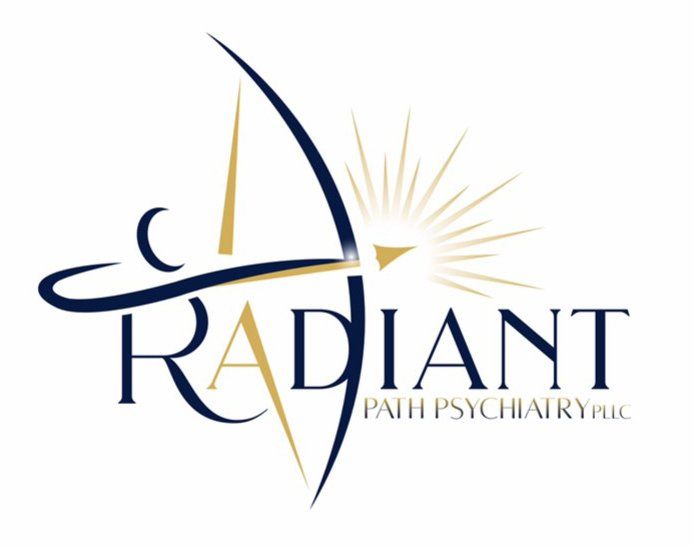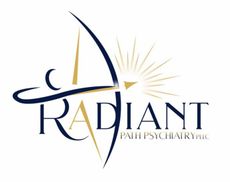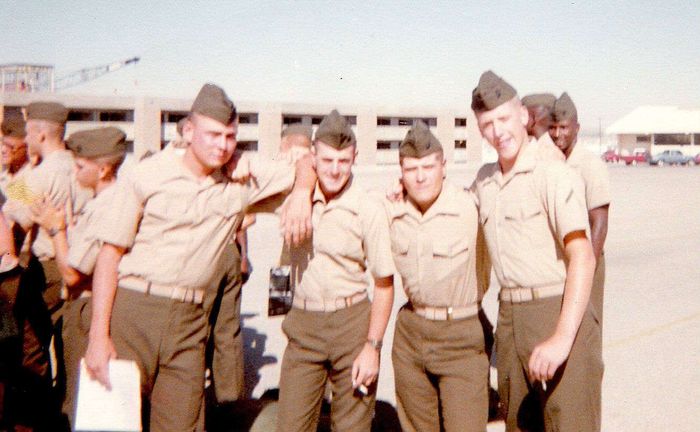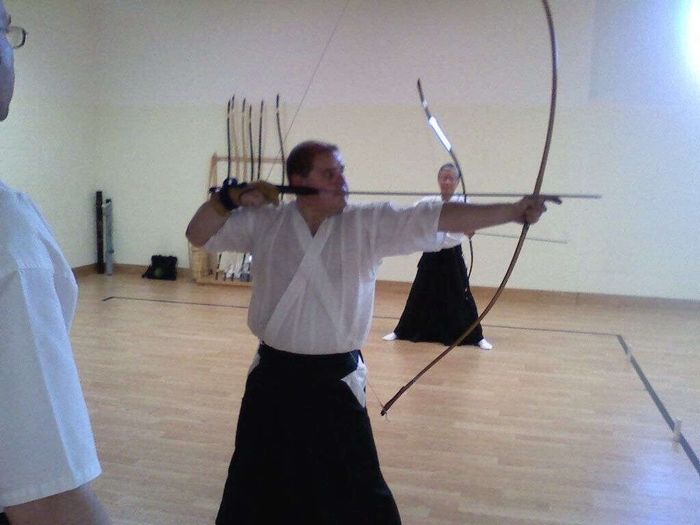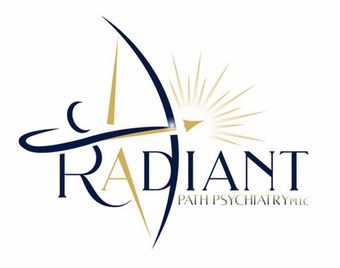Now Accepting New Patients! Call (509) 797-7493 or click here to get started.
About Us
Welcome!
Meet Dr. R. A. Padilla PMHNP-BC
On his wholistic philosophy:
“Wholistic” is a non-academic term that refers to the consideration of the entire structure or makeup of a person, which includes the body, mind, spirit and social factors. There really is very little difference in meaning between the terms “wholistic” and “holistic”. However, right or wrong, a modern association with alternative medicine such as homeopathy and naturopathy have been applied to the term “holistic”. Though I am a proponent of alternative medicine and I have had training in the past, I have yet to incorporate this discipline into my practice of psychiatry. In order to avoid misdirection or confusion, I feel this distinction should be clarified at the outset.
My eventual blind faith in wholisim started at the Jesuit preparatory high school I attended. They exposed me to a plethora of religions as well as teaching me to view and embrace spirituality from various aspects including those who are agnostic and atheist. They also established the foundation for being able to reconcile the scientist in me with my spirituality.
Welcome!
Meet Dr. R. Alexander Padilla, DNP, PMHNP-BC, CARN-AP
FOUNDER
On his wholistic philosophy:
“Wholistic” is a non-academic term that refers to the consideration of the entire structure or makeup of a person, which includes the body, mind, spirit, and social factors. There really is very little difference in meaning between the terms “wholistic” and “holistic.” However, right or wrong, a modern association with alternative medicine such as homeopathy and naturopathy has been applied to the term “holistic.” Though I am a proponent of alternative medicine, and I have had training in the past, I have yet to incorporate this discipline into my practice of psychiatry. In order to avoid misdirection or confusion, I feel this distinction should be clarified at the outset. I do incorporate non-medicinal treatments, such as sleep hygiene, exercise, meditation, and prayer, and I am an advocate for psychotherapy.
My faith in wholism started at the Jesuit preparatory high school I attended. They exposed me to a plethora of religions, as well as taught me to view and embrace spirituality from various aspects, including those who are agnostic and atheist. They also equipped me with the knowledge and faith required to reconcile the scientist in me with my spirituality.
As the years have progressed, other influences not only reinforced my faith in wholism but also helped to expand my understanding regarding the complexities of this philosophy. The beliefs of Carl Jung and Murray Bowen; my years in the Marine Corps and the corporate world; my time with the developmentally disabled and as a single father were all significant influences in my life. Having started as a unit clerk while I was in nursing school and then moving on to becoming a certified nursing assistant, Home health aide and then eventually a registered nurse working in a myriad of medical specialties and ultimately my years as a psychiatric nurse practitioner all had importance in developing my viewpoints and attitudes.
However, the greatest impact was my time working in hospice and simultaneously by chance starting the practice of the martial art Kyudo. Irrespective of how hard you work, hospice always ends in tears. Many have difficulty accepting this conundrum and this is a large component in the burn out that many experience in the specialty. Kyudo is a very spiritual martial art that does not really focus on outcome but more so on the journey (outcome does have importance). Kyudo was able to provide enlightenment and peace regarding the painful realities of hospice by gaining perspective regarding the importance of journey. Another result was that my wholistic philosophy evolved to include past, present and future to the mind, body, spirit and social factors. I often say to my students “when a patient comes into my office, I'm not just looking at them for the NOW, but I am also looking at them 5, 10, 30 years into the future and to never forget that past is prologue.”
On his experience:
Throughout my career as a psychiatric nurse practitioner, I have been treating children,
adolescents, adults and geriatric patients in the inpatient setting as well as in numerous outpatient programs with diverse mental health specialties that included combat PTSD, military non-combat PTSD, non-military PTSD and co-occurring (mental health with substance use) to name a few.
I have a passion for working with Substance Use Disorders. My clinical training for my bachelors degree was spent at a detoxification– rehab center that provided both outpatient and inpatient services. For my Masters degree, most of my clinical training was spent at a large New Jersey hospital system that had adolescent and adult psychiatric inpatient units with some being dedicated to detoxification-rehab. This large organization also had various types of outpatient programs.
Over the years, I have noticed that fellow psychiatric nurse practitioners, psychiatrists and primary care providers have a tendency to diagnose their patients too quickly with ADHD and bipolar based on what I call "superficial symptoms.” Unfortunately, based on these type of superficial symptoms, powerful and potentially addicting medications are prescribed incorrectly and this could lead to problems in the future. Other aspects of a person which may include past trauma, family dysfunction, poor sleep, etc… are not assessed properly. Because of this, I teach my students not to fall into the" flavor of the month trap". In psychiatry, what appears to be apparent or obvious often times is not the case.This is why I have created a thorough initial intake form that admittedly is long but does provide information to help with more accurate diagnosing and prescribing.
Other influences not only reinforce my faith in wholism but also help to expand my understanding regarding the complexities of this philosophy: Carl Jung and Murray Bowen, my years in the Marine Corps and the corporate world, and my time with the developmentally disabled and as a single father were all significant influences in my life.
My career experiences in the medical field have all been significant in developing my viewpoints and attitudes as well. Having started as a unit clerk while in nursing school, moving on to become a certified nursing assistant and home health aide, eventually becoming a registered nurse working in a myriad of medical specialties, as well as my years as a psychiatric nurse practitioner, have all helped shape my medical philosophy.
However, the greatest impact on my philosophy was my time working in hospice and simultaneously, by chance, starting the practice of the martial art Kyudo. Irrespective of how hard one works, hospice always ends in tears. Many have difficulty accepting this conundrum, and this is a large component in the burn out that many experience in the specialty. Kyudo is a very spiritual martial art that does not focus solely on outcome but more so on the journey (though outcome does have importance). Kyudo was able to provide me enlightenment and peace regarding the painful realities of hospice by helping me gain perspective regarding the importance of journey. Another result was that my wholistic philosophy evolved to include past, present, and future of the mind, body, spirit, and social factors. I often say to my students, “when a patient comes into my office, I'm not just looking at them for the NOW, but I am also looking at them 5, 10, 30 years into the future, while never forgetting that the past is a prologue.”
On his experience:
Throughout my career as a psychiatric nurse practitioner, I have been treating children, adolescents, adults, and geriatric patients in the inpatient setting as well as in numerous outpatient programs with diverse mental health specialties, including combat PTSD, military non-combat PTSD, non-military PTSD, and co-occurring (mental health with substance use) to name a few.
I have a passion for helping people overcome substance use disorders. My clinical training for my Bachelor’s degree was spent at a detoxification-rehab center that provided both outpatient and inpatient services. For my Master’s degree, most of my clinical training was spent at a large New Jersey hospital system that had adolescent and adult psychiatric inpatient units, some being dedicated to detoxification-rehab. This large organization also had various types of outpatient programs.
Over the years, I have noticed that fellow psychiatric nurse practitioners, psychiatrists, and primary care providers have a tendency to diagnose their patients too quickly with ADHD and bipolar based on what I call "superficial symptoms.” Unfortunately, based on these types of superficial symptoms, powerful and potentially addictive medications are prescribed incorrectly, which could lead to problems in the future. Other aspects of a person, which may include past trauma, family dysfunction, poor sleep, etc, are therefore not assessed properly. Because of this, I teach my students not to fall into the" flavor of the month” trap. In psychiatry, what may appear obvious oftentimes is not the case. This is why I have created a thorough initial intake form that, admittedly, is long but does provide information to help with more accurate diagnosing and prescribing.
Dr. Padilla has served as an Affiliate Instructor with the Department of Biobehavioral Nursing and Health Informatics (BNHI) of the School of Nursing at the University of Washington.
Insurance:
In all states, we accept cash payments and we gladly offer payment plans if needed.
In the state of Washington only, we accept the following Insurance Plans and Lines of Business:
- Aetna - Commercial, Medicare HMO & PPO
- Ambetter - Cascade Plan
- Community Health Plan of Washington
- Coordinated Care – Medicaid
- Evernorth - Commercial, PPO, POS, HMO, Cigna West, Medicare
- Community Health Plan of Washington - Medicare Advantage, Medicaid, “Cascade
Care” Public Option Plans, & Third-Party Health Benefit Exchange Products - First Choice Health - Commercial, PPO
- Health Alliance - Medicare / Medicaid
- Medicaid
- Medicare
- Molina Healthcare - Medicaid, Marketplace and Medicare
- Confluence Health - Medicare Advantage, Medicaid, Fully Insured/Self Insured Employer Plans
- Premera Blue Cross – EPO and PPO
- LifeWise Health Plan - EPO
- TRICARE West Region - Prime, Select, Reserve, Young Adult
- Wellpoint - Medicare, Medicaid
- United Healthcare
In the state of New Jersey only, we accept the following Insurance Plans and Lines of Business:
- Care First (BLUE CROSS)
- AETNA
- CIGNA
- Horizon BCBSNJ
- United Health Care
- Medicare
- Medicaid
Appointments:
About Our Logo
Kyudo
I am a Shodan (1st degree black belt) in Kyudo – Japanese Zen Archery. Kyudo (the Way of the Bow) was invented by the Japanese samurai as a form of meditation to achieve a “spiritual height” and thus a balance between mind, body, and spirit. To help others better understand what Kyudo is, many describe it as "yoga with archery.”
Ouroboros
The circular snake eating itself is the Ouroboros, an ancient symbol for life, death, transformation, renewal, and eternity. It's very similar to Enso, the Zen symbol for eternity.
All Rights Reserved | Radiant Path Psychiatry
Privacy Policy | Website Design by Infinity Medical Marketing
